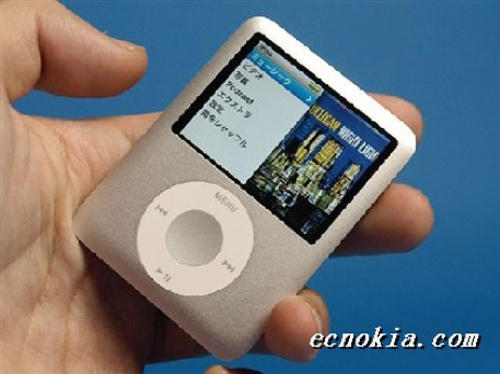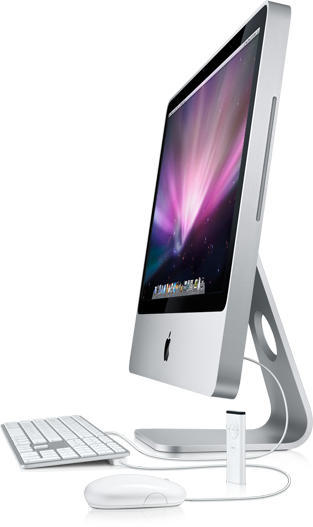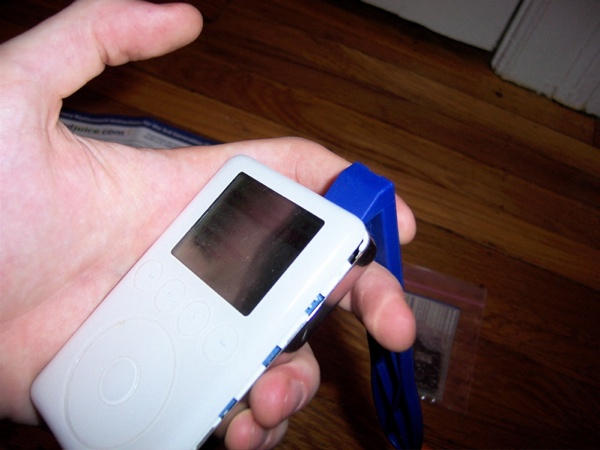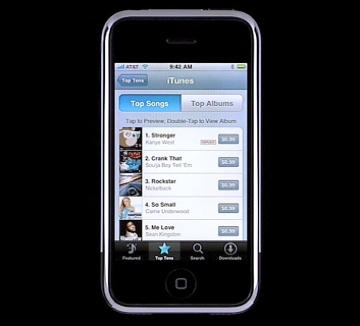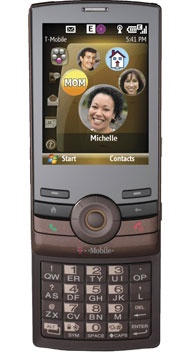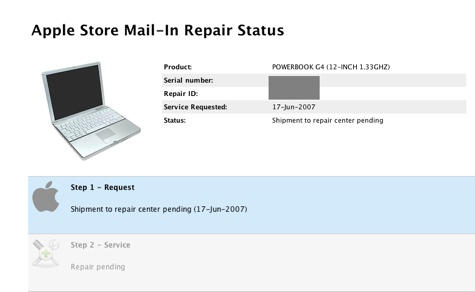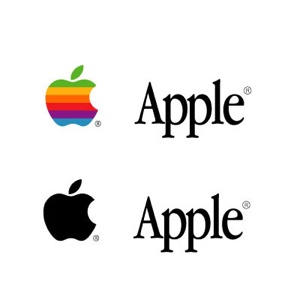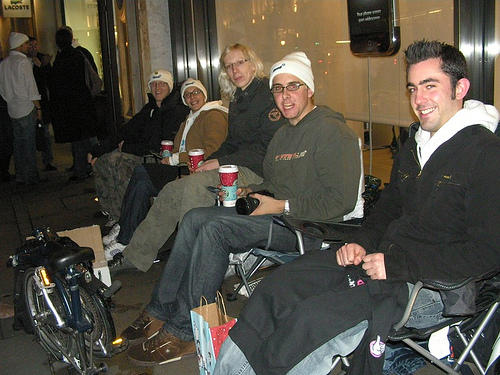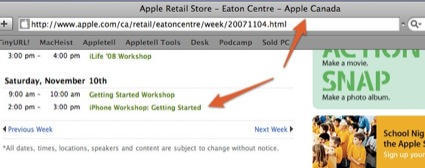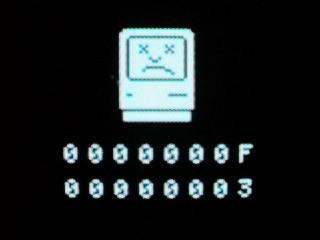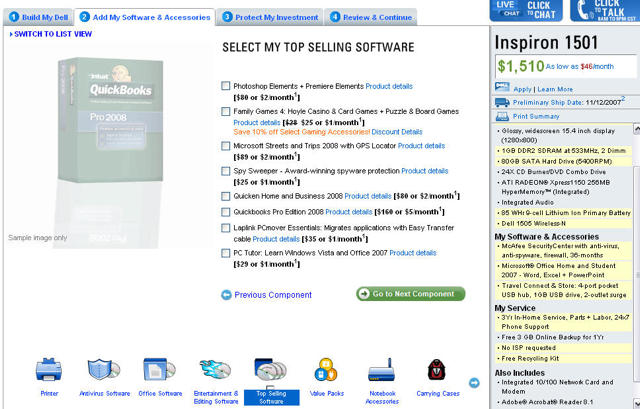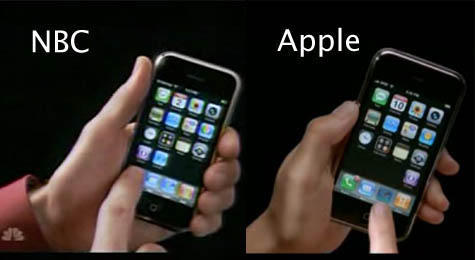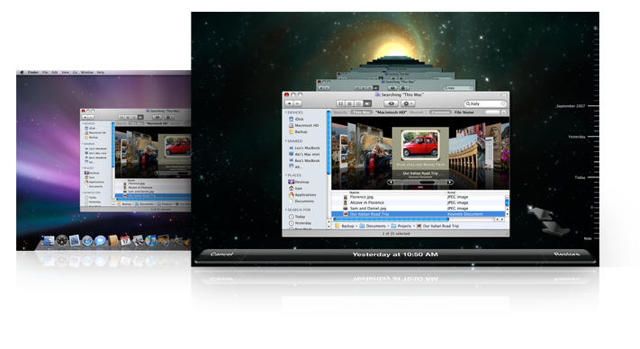
As reported earlier this week, Apple has pulled out a final hardware revision for the holiday season, pushing out new MacBooks that gain a 200 Mhz speed bump and new integrated graphics hardware replacing the much-maligned GMA 950 with Intel’s GMA x3100. The line starts at $1,099 for a 2 Ghz Core2Duo with a Combo Drive and an 80 Gig Hard Drive, Ranging up to $1,499 for the BlacBook with 2.2 Ghz Core2, 160 Gig drive and super drive.
Quite wonderfully, the entire line standardizes with 1 Gig of Memory on-board, which should make Leopard perform well on these boxes regardless of configuration. Apple also now allows custom builds of MacBook Pros up to 2.6 Ghz Core2 for an extra $250 over its base configurations.
I’ve done some quick research into the performance of the GMA x3100, and this isn’t the consumer mobile gaming chipset we might hope for to make the MacBook a peer to the iMac as a gaming platform. Here’s a very positive review from Tech.co.uk of the GMA x3100 running Windows.
The GMA X3100 also continues the philosophy of Intel’s previous graphics solutions (going back as far as its discrete i740 line), and that is one of compatibility. While there’s rarely been the power available to run games at anything more than PowerPoint slideshow speeds, being able to render those images correctly means that you’ll often put up with poor frame rates as long as everything looks right.
In testing, the improvement this new engine offers over the older solutions isn’t massive – 3DMark06, the industry benchmark for ascertaining the capabilities of graphics engines in general, returned a score of 416. While this result is twice that from the previous generation of integrated graphics, it still proves that integrated graphics aren’t for next-generation titles. Top-end cards score around 8,000, with even cheaper cards managing scores around the 4,000 mark.
In real-world performance terms, the low throughput of this engine shows when trying to play Doom 3 back at the high-quality setting at 800 x 600 – less than 10fps isn’t playable. Half-Life 2 fared a little better at 18fps, but surprisingly this score is bettered by its last-generation graphics, which were 5fps smoother. Despite the presence of hardware T&L, the lack of fill rate is clearly a limiting factor.
Yeeeahh. MacBook Pro is still the only credible gaming portable from Apple. Actual video performance is surprisingly good, but 3D is seriously lagging. Any fence-sitters moved to make a purchase now with this announcement?
Mac Rumors: Apple Updates MacBooks to Santa Rosa, GMA X3100; 2.6GHz MacBook Pro
Tags: macbook, hardware, apple, product, announcement
